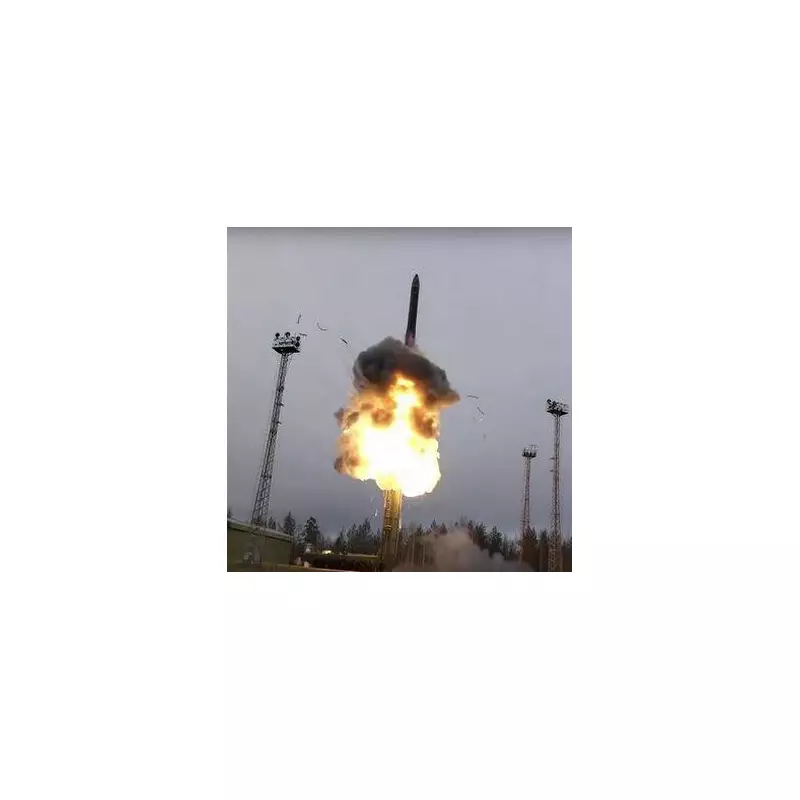
Western security experts are sounding the alarm over Vladimir Putin's rapidly expanding arsenal of apocalyptic weapons, with major British cities including London facing potential annihilation within minutes of any decision from the Kremlin.
The Poseidon Doomsday Torpedo
Perhaps the most chilling development in Russia's nuclear programme is the Poseidon underwater drone, a nuclear-powered torpedo roughly the size of a small submarine. According to Russian claims, this weapon can travel thousands of miles underwater using artificial intelligence guidance before detonating near enemy coastlines.
Putin himself has stated that no current defence systems can stop the Poseidon, describing it as completely unique during recent weapons trials. Analysts suggest such an explosion could trigger massive radioactive tsunamis that would flood coastal population centres and military installations across Britain and other Western nations.
The threat became even more tangible with last Saturday's revelation of a new nuclear submarine specifically designed to carry these doomsday weapons. The Khabarovsk submarine, costing approximately £1 billion with a 10,000-ton displacement, represents a significant escalation in Russia's underwater capabilities.
Flying Chernobyl and Hypersonic Threats
Above the waves, Russia has developed the Burevestnik cruise missile, nicknamed the 'Flying Chernobyl' by Western observers. Unlike conventional missiles, this weapon operates using a miniature nuclear reactor, giving it what Putin describes as unlimited range.
Last October, Russian authorities announced successful testing of this terrifying weapon. General Valery Gerasimov confirmed the missile remained airborne for several hours, covering an astonishing distance of nearly 87,000 miles, while emphasising that this performance wasn't even its maximum capability.
The Space Nuclear Threat
Perhaps most alarming is Russia's push into orbital warfare, despite international treaties meant to keep nuclear weapons out of space. In February 2022, Russia deployed the Cosmos-2553 satellite, immediately raising concerns among experts due to unusual radiation levels detected.
While Russia's Defence Ministry claims it was merely testing equipment, US intelligence officials suspect the satellite could be part of a future nuclear anti-satellite system. The US intelligence community has publicly stated its belief that Russia is actively developing space-based nuclear capabilities, allegations the Kremlin strongly denies.
The situation became particularly concerning when Russia vetoed a United Nations resolution reaffirming the ban on orbital nuclear weapons, while China abstained. This move has raised fears that Moscow seeks the capability to blind and paralyse modern society from above, potentially disabling GPS systems, military networks, and plunging entire regions into darkness without a single ground strike.
With decades of arms control treaties now abandoned and military communication channels strained, the world faces its most dangerous nuclear moment since the 1962 Cuban Missile Crisis. As Russia continues its war in Europe and regularly flexes its nuclear muscle, each new announcement about these so-called invincible weapons brings fresh concerns for Western military officials and diplomats.





